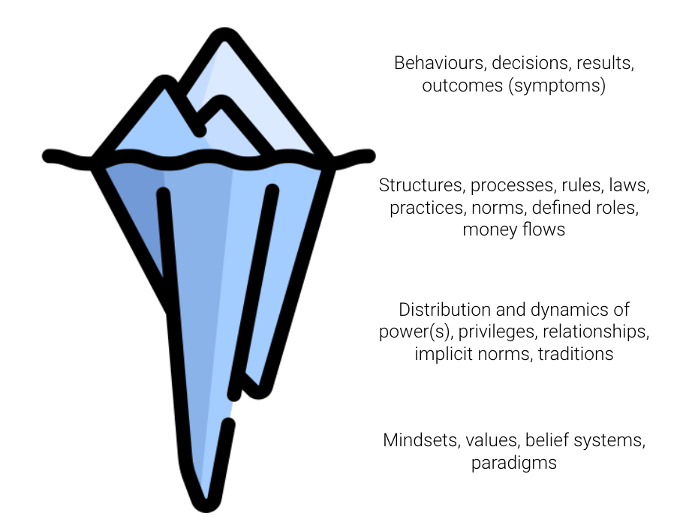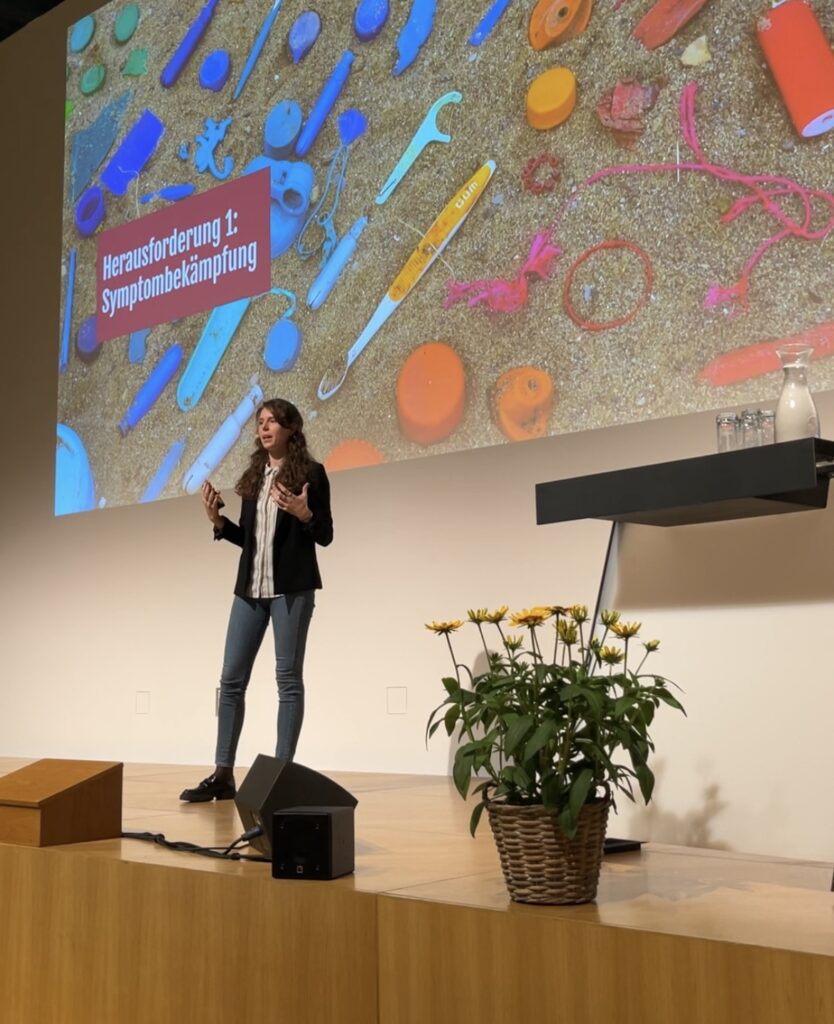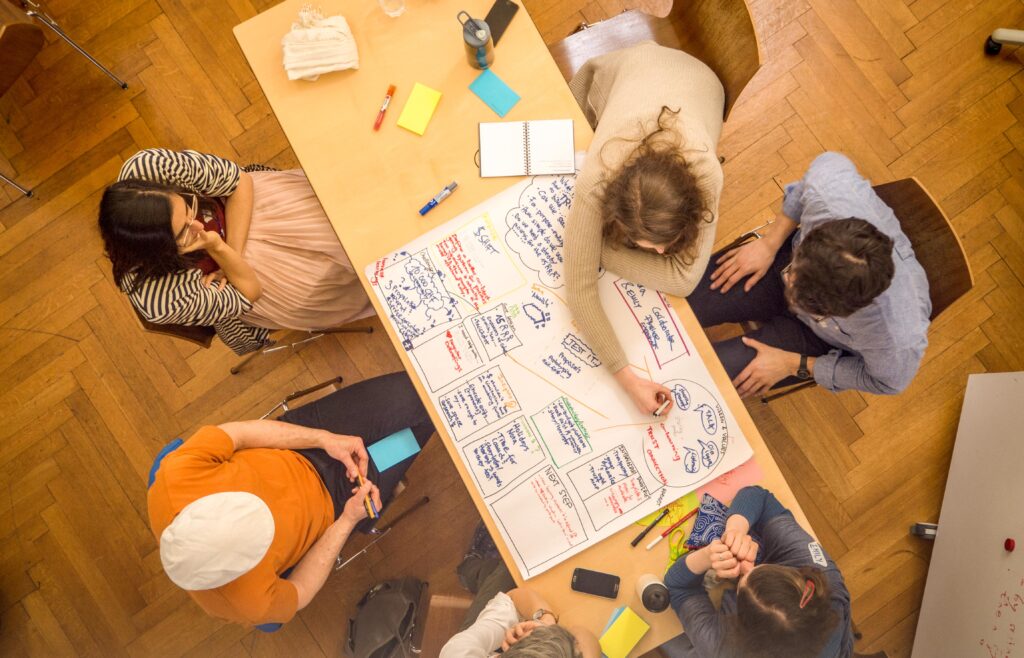Written by Nora Wilhelm, a social innovator, entrepreneur, and researcher dedicated to a world where people and planet can thrive. Nora is also a graduate of the Masters in Social Innovation.
Realising the SDGs by 2030
By now, most of you probably know the Sustainable Development Goals (SDGs), which all Member States of the United Nations agreed to meet by 2030. They are a series of social, environmental and development targets, grouped into a so-called Agenda 2030, with the slogan #transformingourworld. Do you also know how your country is doing? Most likely, not well. The sustainable development report, published yearly by SDSN, the Bertelsmann Stiftung and Cambridge University Press, allows you to consult country profiles. If your country’s dashboard looks anything like Switzerland’s, where I’m from, it will mostly be a mix of warm colours, ranging from red for ‘major challenges remain’ to yellow for ‘challenges remain’. It’s sobering to realise we are not on track to realise the SDGs, which many would say are not even sufficiently ambitious in terms of creating healthy living conditions for all human beings that can be sustained on a finite planet. Despite ever increasing mobilisation, technological progress, and interest in social innovation, we are not on track to stop global warming, biodiversity loss, or the increase of economic inequality.
Traditional, ‘tried and tested’ solutions proposed by different sectors have failed to address the complex challenges humanity is facing (Nicholls and Murdock, 2012). In the search for new approaches, a growing movement spanning practice and academia calls for collaborative work focused on large-scale change, i.e., systems change. In recent years, systems change has gone from a fairly obscure and unknown concept to something discussed in politics and written on the signs of activists.
Waters of systems change
But what does it mean exactly? And why do its proponents think it necessary? One way to understand systems change is by looking at the iceberg model. Basically, above the water line is everything that can readily be observed and naturally draws most of our attention: behaviours, decisions, results, and other types of outcomes. Below the water line lie the structures, processes, rules, and norms that produce these visible results. Further below are the power distribution and relationships that underlie these structures. And at the deepest level, the mindsets, values, beliefs, and paradigms that give rise to all of the above. Or in other words, in which all of the above are anchored.

An example: plastic pollution in oceans is a visible problem, but merely cleaning up plastic (an example of direct service social innovation) won’t solve it. We can keep ourselves busy for another 100 years cleaning, while plastic continues to end up in the oceans. To go beyond symptom fighting, we must examine the laws, structures, and norms that lead to plastic creation and disposal. In other words, work towards structural change. Typically, that level of change is prevented by the investment in the status quo of decision-makers, or those who control the capital. To address this, some social innovators will focus on the power distribution and dynamics and seek to transform those. Fundamentally ‘solving’ the issue of plastic pollution requires a paradigm shift: away from a liner and extractive economy to a circular and regenerative one.
collaboratio helvetica
This is what social innovators focusing on systems change envision. They seek to “alter the conditions that generate the characteristics of social problems” (Mair and Seelos, 2021, p.1). However, systems change work remains poorly understood and insufficiently supported. That’s one of the reasons why we co-founded collaboratio helvetica in 2017: an initiative aimed at catalysing systems change towards the SDGs in Switzerland and beyond. With our partners, we convene cross-sector collaborations and other participatory processes focused on co-creating solutions, raise and distribute funding, and build the needed capacity for transformation. It is a pioneering collective action project expanding global knowledge around how to create systems change.
We are not proposing that everyone should shift to systems change work, nor that all direct services should be stopped. The point is rather that we must also invest resources in understanding how a certain problematic result arises, to be able to sustainably address the issue. If we collectively engage in symptom-fighting only, we are effectively accepting that the problem will be maintained in place. Hence, collaboratio helvetica is dedicated to informing key stakeholders about systems change strategies, and closing the capacity-building gaps in this emerging field, for instance with our Catalyst Lab. Through our strategic interventions, we support changemakers to realise their systems change initiatives across SDGs and sectors. There are many obstacles on this path, which I will cover in my next blogpost, alongside a specific social extrapreneurship strategy for systems change: Social Innovation Labs.
Calling all social innovators
However, even social innovators who do not work on systems change benefit from understanding the different levels of intervention along the iceberg. This allows us to make a conscious decision about which one to focus on, rather than defaulting to the most visible issue. Learning to contextualise our own social innovation efforts in this way also empowers us to collaborate with other social innovators, recognising how our interventions might be complementary, and gradually contribute to a deeper level of change no matter the specific intervention. Only together can we co-create the paradigm shifts our societies so desperately need!

Sources and further reading
- Nora Wilhelm – www.norawilhelm.org
- Learning from the Titanic: understanding different levels of intervention with the iceberg model, Nora Wilhelm
- Mair, J. and Seelos, C. (2021) ‘Organizations, Social Problems, and System Change: Invigorating the Third Mandate of Organizational Research’, Organization Theory, 2(4), p. 1–22.
- The Water of Systems Change, FSG
- Cambridge Judge Business School, www.appliedsystemsthinking.com
- Otto Scharmer on the three divides
- Nicholls, A. and Murdock, A. (2012) ‘The nature of social innovation’, in A. Nicholls and A. Murdock (eds) Social Innovation Blurring Boundaries to Reconfigure Markets. Basingstoke: Palgrave Macmillan, pp. 1–30.
- Dialogue on shifting paradigms with Satish Kumar & Nora Wilhelm at ChangeNOW2022 in Paris




Leave a Reply